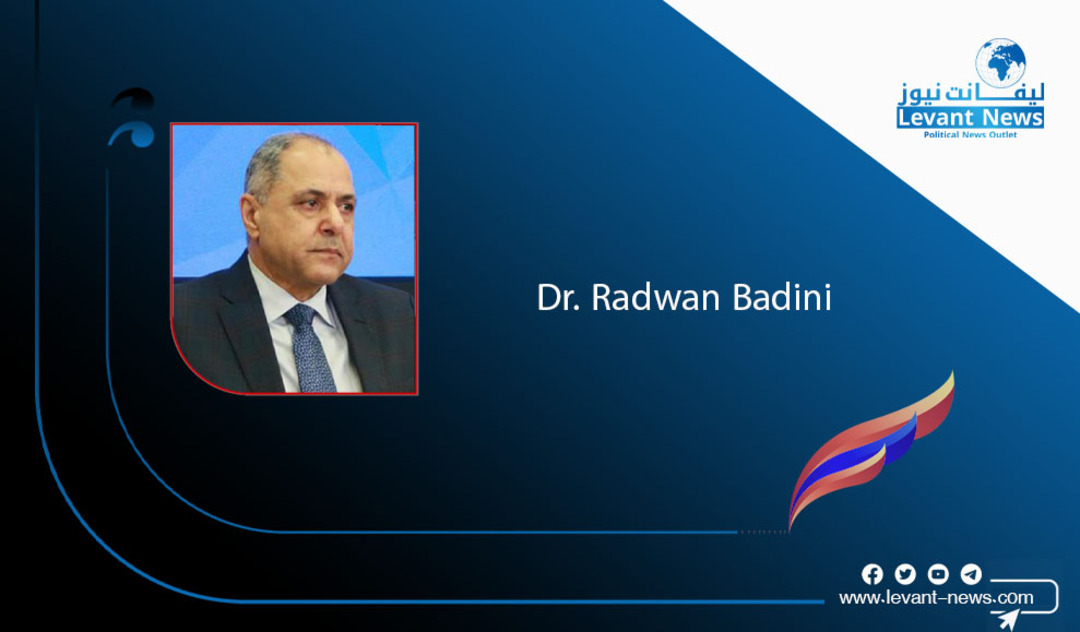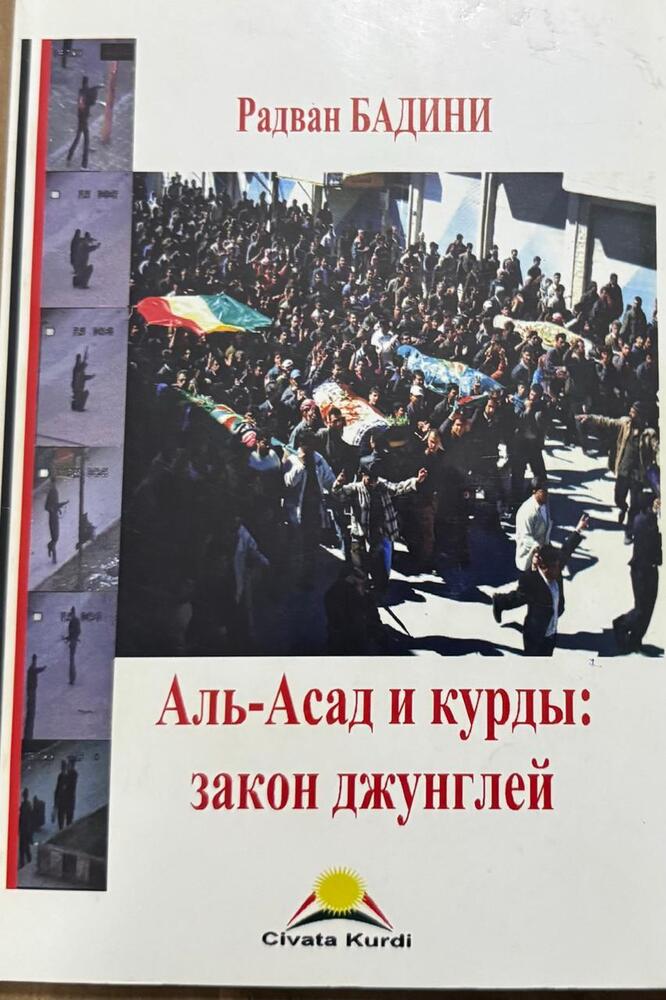-
Why I Didn’t Congratulate Ahmad Al-Sharaa, Despite His Achievement of a Major Part of My Political Goals

From the very first moment of the Assad regime’s downfall, I was gripped by an overwhelming urge to congratulate the “liberators-decision-makers” in Damascus—chief among them, the current president, Ahmad Al-Sharaa. The thought struck me every day, even every hour. Yet I never sent a congratulatory message, nor did I express it publicly. Not out of forgetfulness, but because I remained torn—between commendation and condemnation of what Al-Sharaa has done. That internal conflict persisted, and I lacked the courage to speak about it until now.
At first, I genuinely wanted to say, “Thank you for overthrowing the tyrant!” After all, in that bold act, I saw the realization of an essential part of the political vision I’ve pursued my entire life. But the fact that he failed to change even a single detail of the Assad family’s policies toward my people made me hesitate, suppressing any enthusiasm or desire to express gratitude.

At times, I wanted to tell him: “I stood against the Assad regime long before you did. I risked my life and career openly by challenging its policies toward my people—in one of its most influential foreign strongholds: Russia. Back then, neither you nor your followers were anywhere to be found. I admit, I wasn’t able to guarantee success. But my comrades and I walked the path of struggle and sacrifice for half a century. That alone does not give you the exclusive right to claim this incomplete victory as solely yours.”
The problem is that you still think and act like Arab nationalists—not Syrians—who might share common national goals with the rest of us. You have not shown any real concern for our interests as Syrian citizens, and your Islamic rhetoric has yet to deliver anything tangible that might reflect sincerity. I once tweeted: “The Kurds of all four Islamic states do not enjoy even 1% of the rights Palestinians have in Israel.”
Memories of my youth and painful life experiences also weigh heavily on my conscience and make it difficult to extend congratulations to Ahmad Al-Sharaa.
In March 2004, after 27 years in exile, I returned to Syria. During that visit, the Qamishli Uprising erupted on March 12. I witnessed firsthand scenes of brutal repression and the cold-blooded killing of Kurdish youth—even at the hands of high-ranking officials like then-Governor of Al-Hasakah, Saleem Kaboul. It was then I realized that fate had destined me to bear witness to this massacre and share its horrors with the world in hopes of exposing a regime that, at the time, was pursuing the so-called Arab nationalist “glory” under the slogan, “Syria: the beating heart of Arabism.”
What shook me most was seeing and hearing Ahmad Al-Sharaa himself repeat this very slogan—ecstatically. At that moment, I knew my struggle was far from over. I realized that those ruling Syria today are no different in essence from the rulers who came before them. And to them I say: “If your ignorance of the rights of Syria’s second-largest ethnic group is the reason behind your policies, then may God help us all—because the ignorant are enemies to themselves, let alone others.”
Since that fateful uprising, I’ve committed myself to documenting what I saw with honesty and courage. When I published my book on those events, titled “Assad and the Kurds – The Law of the Jungle” (in Russian), I gave a lecture on it at the American Cultural Center in Moscow. The title was meant to be a direct strike at the regime’s foreign policy narrative. I won’t delve here into the personal price I paid for that stance, but the book’s impact among moderate Russian intellectuals, academics, and policymakers was unprecedented.
I remember a conversation with Professor N. Stepanova of the MGIMO Institute of International Relations. She told me: “Had I read your book before taking part in the committee that awarded Bashar Al-Assad an honorary doctorate, I never would have agreed to be on it.” She later published an extensive article on my book in the Observer (Issue 4 (183), April 2005), the magazine of the Russian Ministry of Foreign Affairs, under the title “The Syrian Ba’ath and the Kurds.”
But I didn’t stop at writing. I organized a protest against Bashar Al-Assad’s first visit to Russia in April 2005—a move that marked the beginning of the Russian public’s growing distrust in Assad’s regime. I stood with around 20 young Kurds at Park Kultury, near the Syrian Embassy in Moscow. Despite our small number, international media outlets like AFP and AP gave the event considerable coverage.
The book spread like wildfire. I personally delivered copies to high-level officials. Our Kurdish association in Moscow, “Jevat”, arranged to send 100 signed copies to global institutions and prominent figures, with one generous member (M.A.) covering all costs.
Looking back at that period, I recall how many Syrian opposition figures were too afraid even to declare their stance against Assad—while we, the Kurdish youth, were winning the respect and solidarity of writers, intellectuals, and Orientalists, advancing the political and cultural front.
Returning to the question—why I haven’t congratulated Al-Sharaa—my answer is clear: he and his new leadership continue to repeat the same fascist Arab nationalist and fraudulent Islamist slogans once used by Assad and his cronies to serve their own ends.
The new rulers appear to be following the same oppressive path against Kurdish existence. Once again, we find ourselves second-class citizens—if not outright strangers in our own land. I fear that with Al-Sharaa and his entourage—complicit in bloodshed, destruction, and extremism—we may be facing a second, far more definitive rupture from our country’s political life.
This is not a call for Arab-Kurdish enmity. Far from it. But Arabism as a political ideology—especially in its so-called “Islamist” formulation—is no different in practice from the Ba’athist doctrine we suffered under for decades. The policies currently being promoted in the name of religion, while simultaneously denying Kurds their national rights, have no connection to the true spirit of Islam—a faith that historically helped foster deep ties between Arabs and Kurds and even elevated a Kurdish leader to head the Islamic world in a critical era of its history.
We will no longer be deceived by rhetorical promises dressed in the language of “Dhad” (Arabic), or more accurately, in the language that negates ethnic and religious difference. We will not entrust our fate to those who attempt to claim ownership of a struggle they never led.
To the temporary rulers in Damascus, I say: you’ve achieved only half a victory—by seizing the results of efforts we fought for sincerely and alone. If you refuse to acknowledge our role, that only exposes your selfishness. And between us, time will tell.
This is why I still cannot bring myself to congratulate Ahmad Al-Sharaa on his so-called “victory.” I remain torn between praising and condemning him. But I claim—humbly but firmly—that the harder half of this battle began with us, during the Qamishli Uprising. And our continued struggle has proven that Syria’s policies toward the Kurds have always been a ruthless enactment of the “law of the jungle.” Today, we will not stop resisting such policies. Nor will we grant legitimacy to those who now reap what they did not sow.
Dr. Radwan Badini
You May Also Like
Popular Posts
Caricature
opinion
Report
ads
Newsletter
Subscribe to our mailing list to get the new updates!





















